
At Altogether Care, we believe in the power of community and the importance of giving back. That’s why we’re excited to support the upcoming Hangers Heroes Challenge 2024. Taking place on Sunday, September 29th, this premier event brings together runners and walkers to raise vital funds for local charities. With limited spaces available, now is the perfect time to register and be part of something truly special!
Hangers Heroes
Hangers Heroes began in 2008 and has since grown into a registered charity dedicated to supporting local causes. Initially starting with a single fundraising event, Hangers Heroes now organises multiple events throughout the year to aid small charities and non-profit organisations.
We are proud to share that several of our Altogether Care team members will be supporting Hangers Heroes main event this year.
Challenge 2024
Mark your calendars for Sunday, September 29th, as we gather for Challenge 2024 in the picturesque Dorset countryside. This exciting event offers three different options to suit all levels of runners and walkers: a full trail marathon, a half trail marathon, and a 10k trail run/walk. Registration begins bright and early at 7:00 AM, followed by a briefing at 7:50 AM. Participants in the full marathon and 10k will start at 8:00 AM, while the half marathon will kick off shortly after at 8:15 AM.
This year, we are proud to be raising funds for several local charities, including Dorset Search and Rescue, Westfield Arts College, The Front Skate Park, Islanders Youth & Community Centre Portland, and other deserving causes. Join us for a day of fitness, fun, and community spirit as we support these wonderful organisations.
Exciting New Routes for Full and Half Marathon
We’ve revamped our routes to provide a more scenic and enjoyable experience for all participants. The full marathon route now features more trails, less tarmac, and a new hill or two for an added challenge. A quick hop across a 30mph zone replaces the previous road crossing, enhancing safety and flow.
Both the full and half marathon routes now include a direct path to the iconic St Catherine’s Chapel in Abbotsbury. The full marathon continues from the chapel to Hardy’s Monument, offering runners breathtaking views and a rewarding challenge.
Route Highlights
- Weymouth, Abbotsbury, and Dorchester: Rich in history and charm, these areas offer an undulating, off-road course perfect for taking in the local scenery.
- The Fleet: Enjoy the stunning coastal views as you follow national trails and bridle paths.
- St Catherine’s Chapel: Both the full and half marathon routes pass this historical site, providing a picturesque midpoint.
- Hardy’s Monument: The highest point on the course, offering a tough but rewarding climb.
- Portland Views: Fantastic vistas towards Portland on the return leg of the half marathon.
10K Challenge
The 10K route, approximately 6.75 miles, offers a bit of everything. Starting with a small climb out of Bagwell Farm, runners will enjoy a fast tarmac section, rocky coastal paths along The Fleet, and a few steep climbs. The route winds through East Fleet Farm, local woodlands, and finishes back at Bagwell Farm, ensuring a varied and scenic run.
Read more about the Hangers Heroes Challenge 2024 route updates
Why Participate?
Participating in Challenge 2024 is a fantastic way to support our local community while embarking on a personal fitness journey. Why not set yourself a challenge?
Every step you take helps raise funds for charities that make a significant difference in people’s lives. Plus, you’ll be part of a vibrant community of runners and walkers dedicated to making a positive impact.
We encourage everyone to join us – whether you’re an experienced marathoner or looking to take on your first 10K challenge, the Hangers Heroes welcomes you. Register now to secure your spot and help us make a difference in our community!
Register today and be part of Challenge 2024. Together, we can support our local charities and make a lasting impact.
Let’s come together to run, walk, and make a difference!









 Keeping warm in the winter months is vital for your physical health and mental wellbeing. This can seem harder to do when energy bills are at an all-time high. But there are ways to stay warm and comfortable without cranking up the central heating.
Keeping warm in the winter months is vital for your physical health and mental wellbeing. This can seem harder to do when energy bills are at an all-time high. But there are ways to stay warm and comfortable without cranking up the central heating. 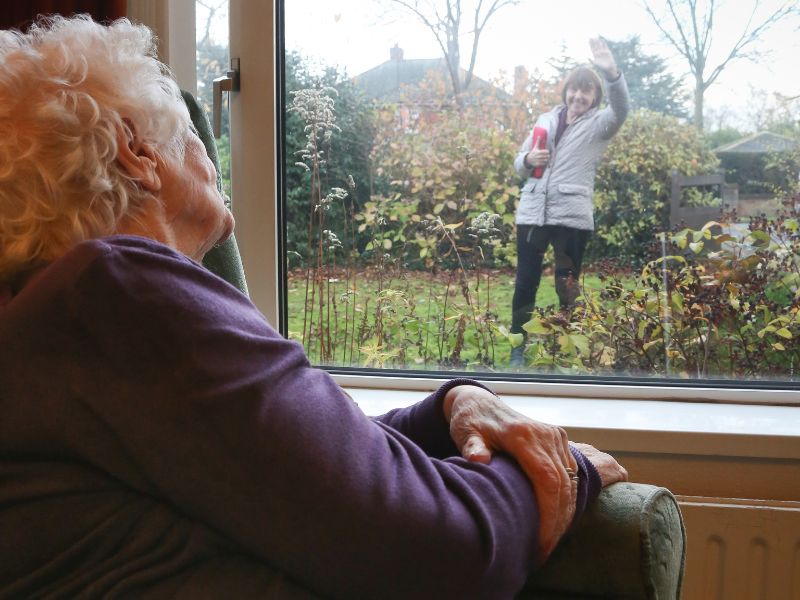
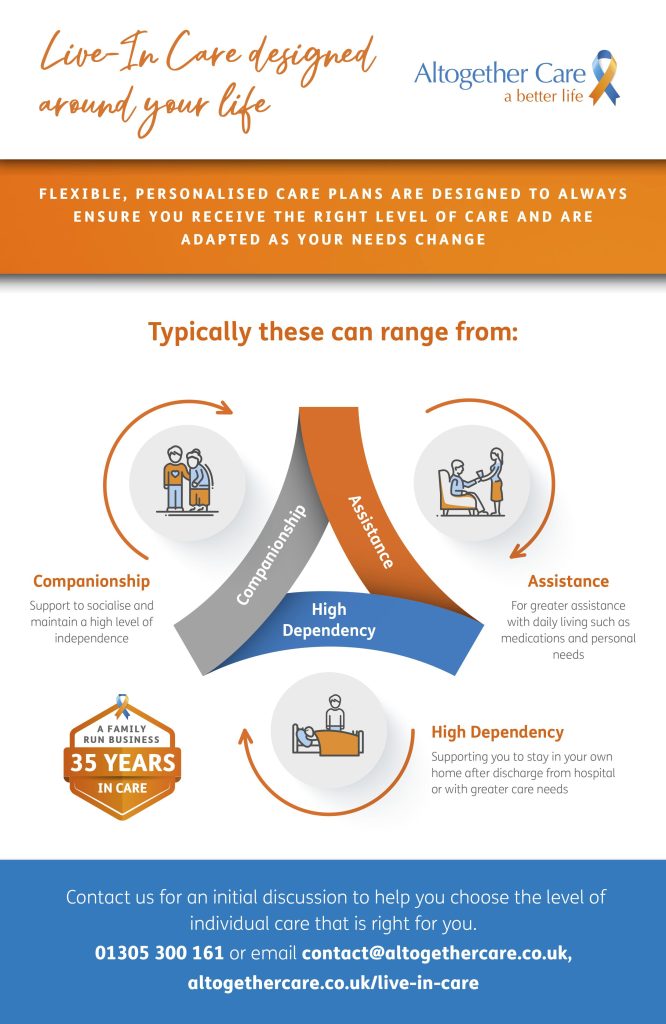
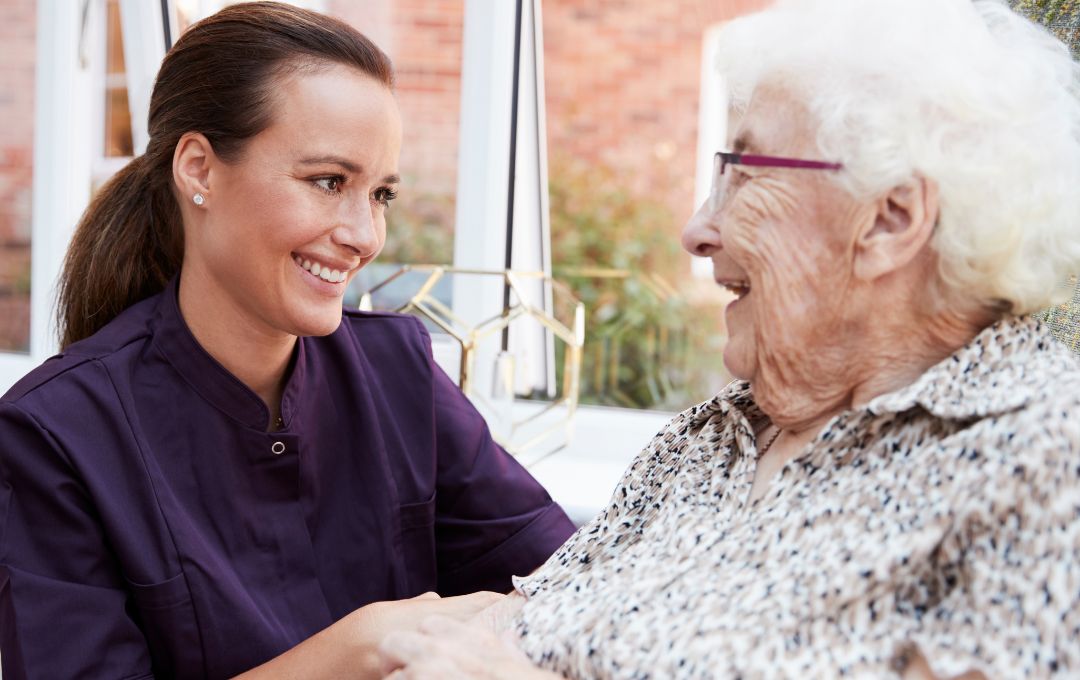
 For many people, live-in care offers the best of everything. There are so many benefits of people remaining in their own home, where they are surrounded by a familiar environment, their own possessions and staying in a community where they feel they belong. Choosing Live-in care ensures there’s somebody on hand for companionship and to help out with those tasks they find challenging.
For many people, live-in care offers the best of everything. There are so many benefits of people remaining in their own home, where they are surrounded by a familiar environment, their own possessions and staying in a community where they feel they belong. Choosing Live-in care ensures there’s somebody on hand for companionship and to help out with those tasks they find challenging.

 Dementia is increasingly something more people are having to learn how to live with, affecting individuals and caregivers alike. The theme of Alzheimer’s Month 2023 attempts to underline the notion that dementia doesn’t necessarily have to be an inevitable consequence of ageing.
Dementia is increasingly something more people are having to learn how to live with, affecting individuals and caregivers alike. The theme of Alzheimer’s Month 2023 attempts to underline the notion that dementia doesn’t necessarily have to be an inevitable consequence of ageing. An active social life, physical exercise and a good diet are the building blocks of good mental and physical well-being. Altogether Care puts a lot of emphasis on these factors in all of our care homes, and not just for people receiving specialist dementia care.
An active social life, physical exercise and a good diet are the building blocks of good mental and physical well-being. Altogether Care puts a lot of emphasis on these factors in all of our care homes, and not just for people receiving specialist dementia care.

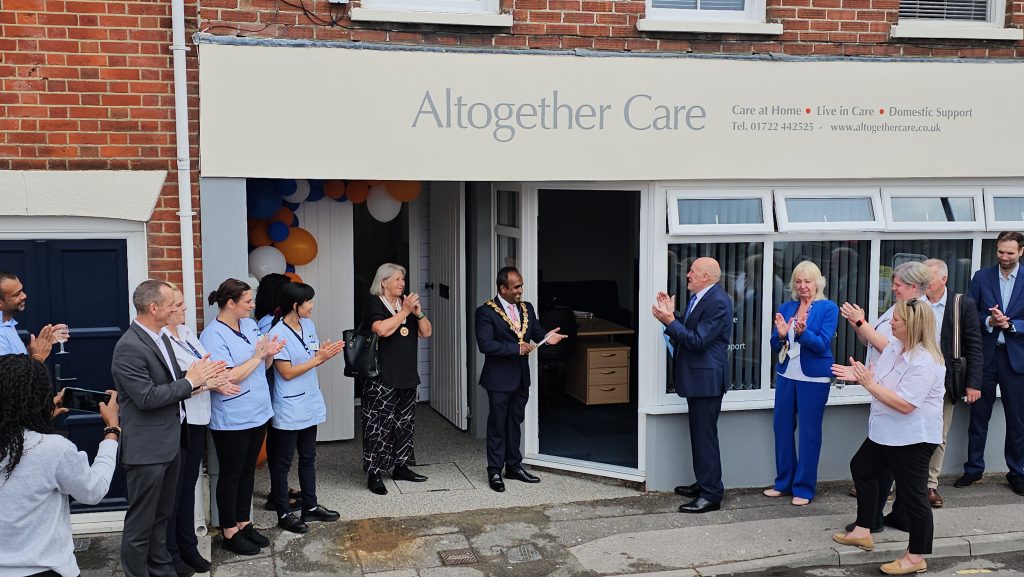



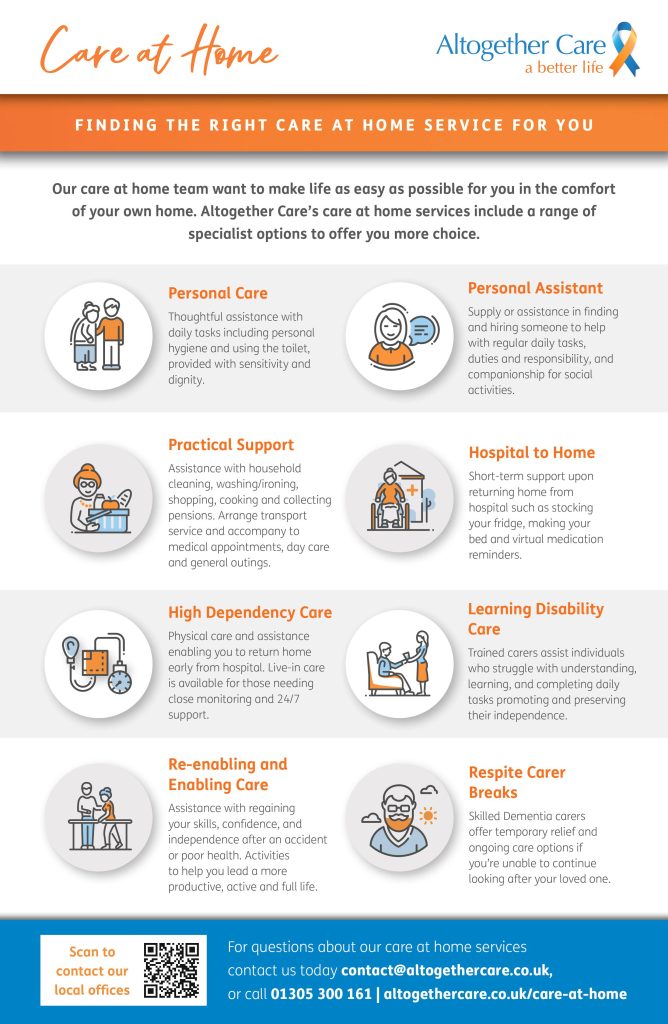

 Respite care
Respite care 
 In some cases you might get financial help from the council towards the cost of respite care. This depends on the care needs assessment and means testing.
In some cases you might get financial help from the council towards the cost of respite care. This depends on the care needs assessment and means testing.
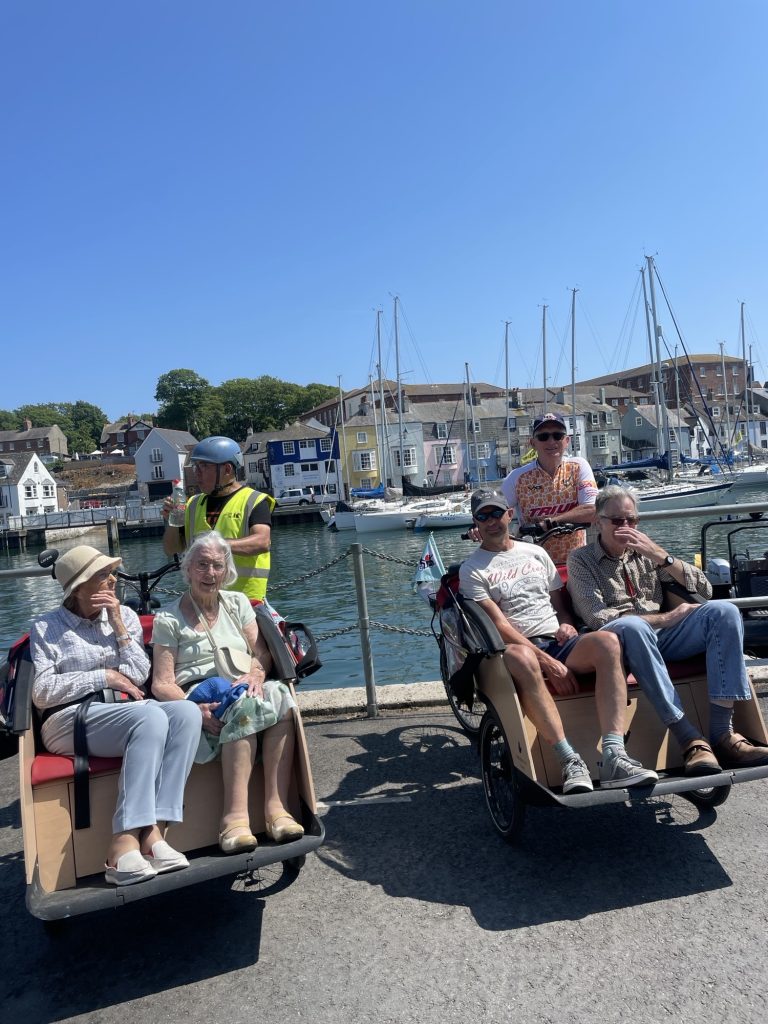


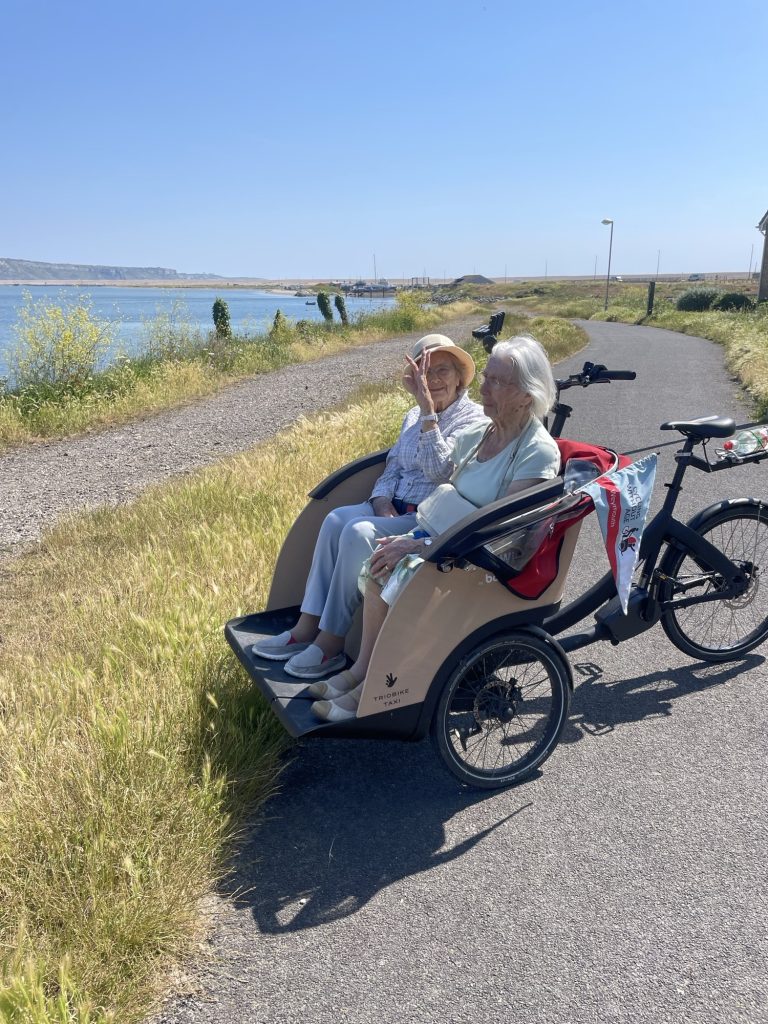
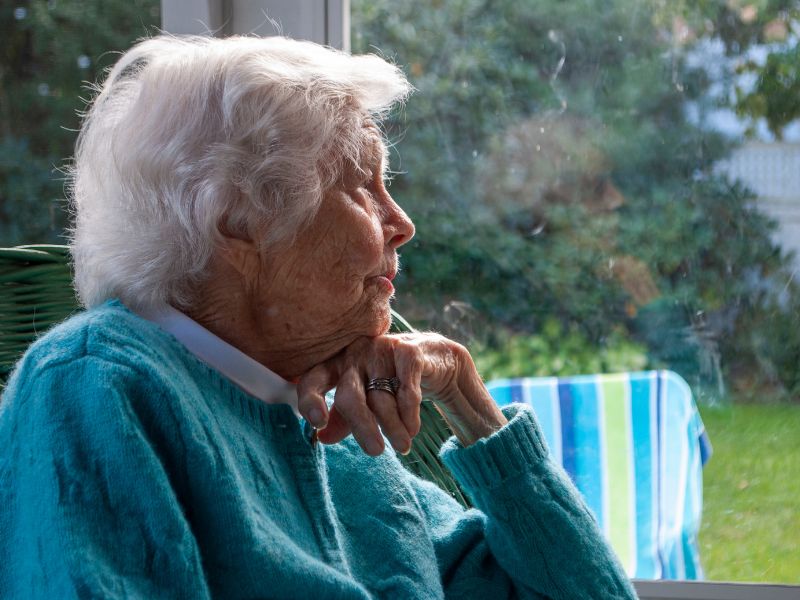
 Loneliness is definitely something that many people experience in later life. Perhaps a partner has passed away and other family members live too far away to visit often. Reduced mobility can also make it harder to get out and meet people and socialise.
Loneliness is definitely something that many people experience in later life. Perhaps a partner has passed away and other family members live too far away to visit often. Reduced mobility can also make it harder to get out and meet people and socialise. The Marmalade Trust defines loneliness as a mismatch between the level of social contact we have and the level we’d like to have. There’s a strong personal element as some people need company more than others.
The Marmalade Trust defines loneliness as a mismatch between the level of social contact we have and the level we’d like to have. There’s a strong personal element as some people need company more than others.
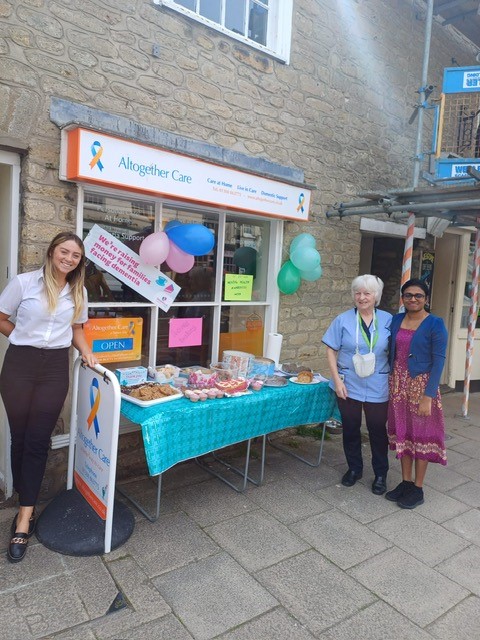




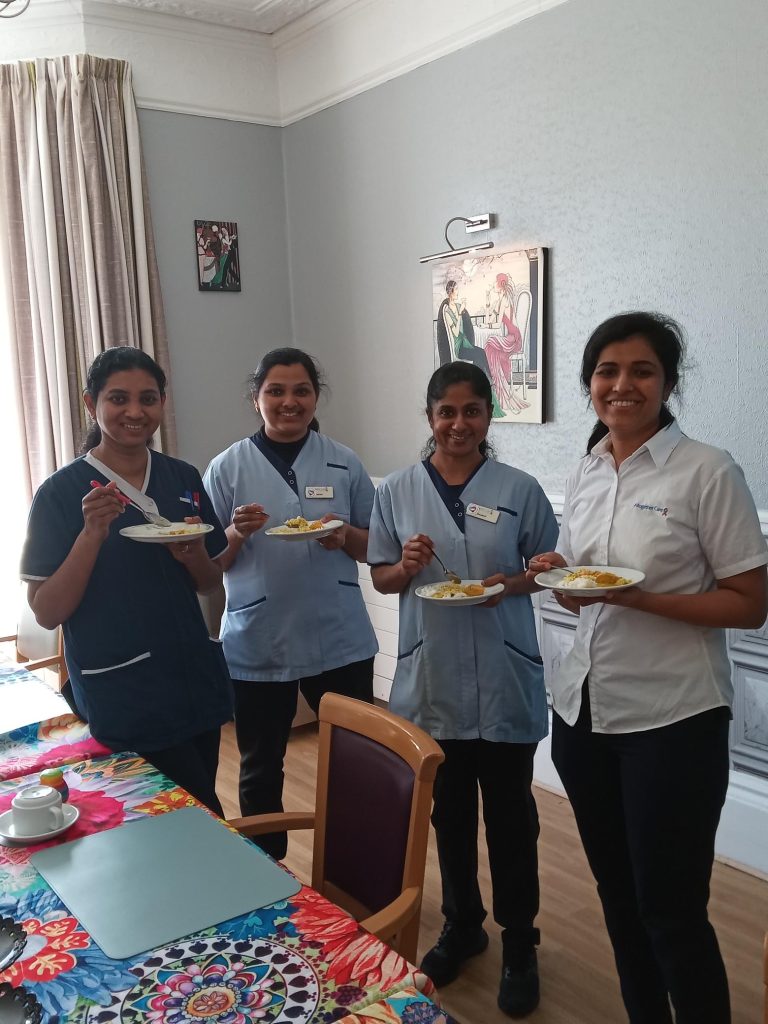




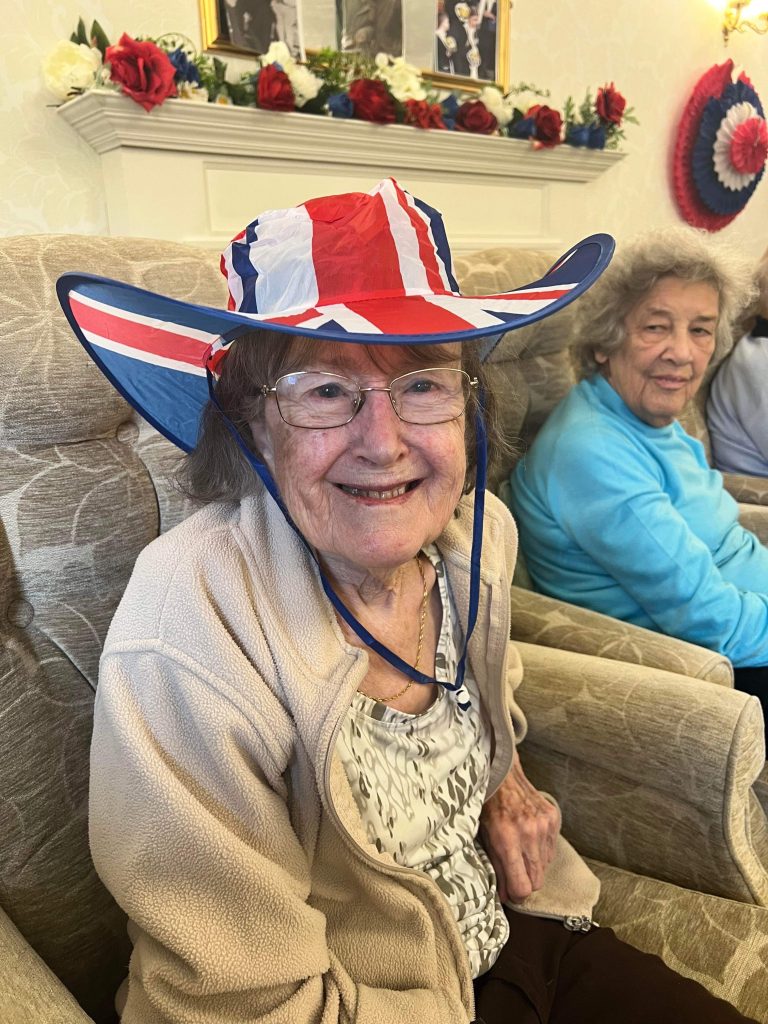




 Sherborne House
Sherborne House






